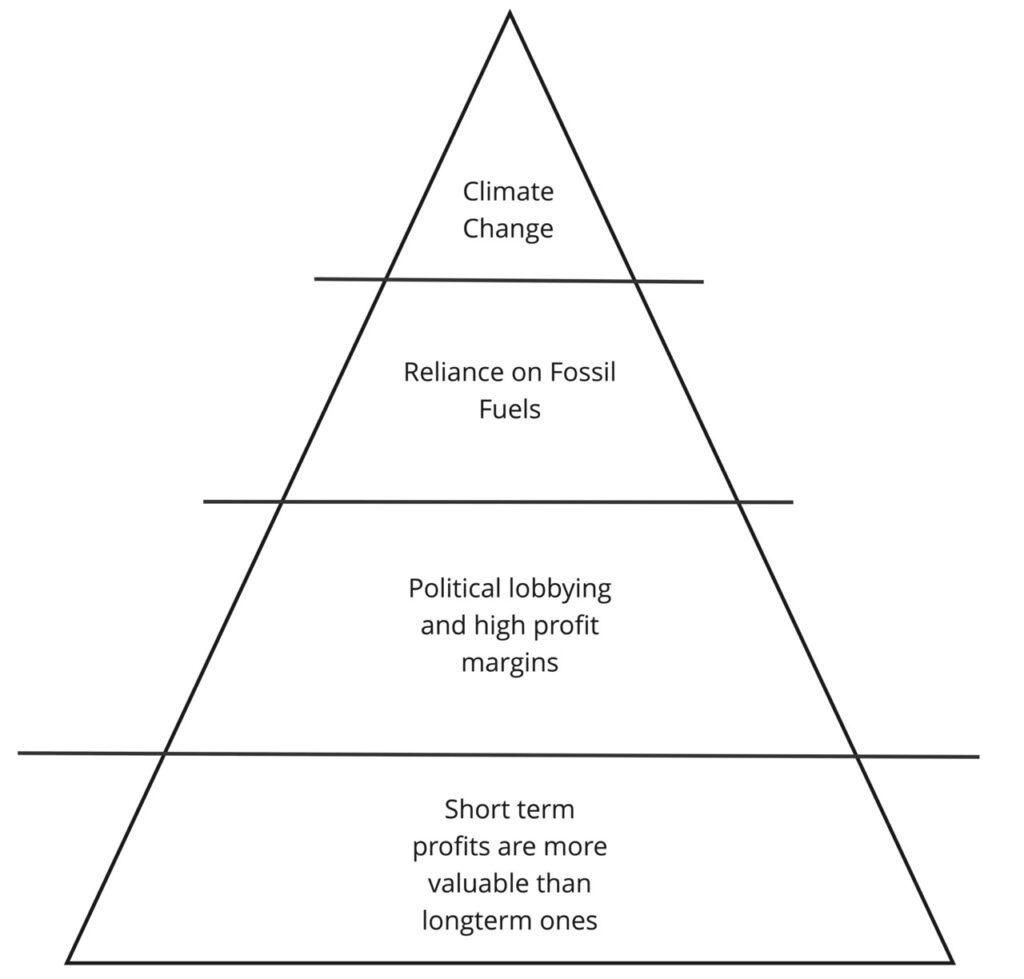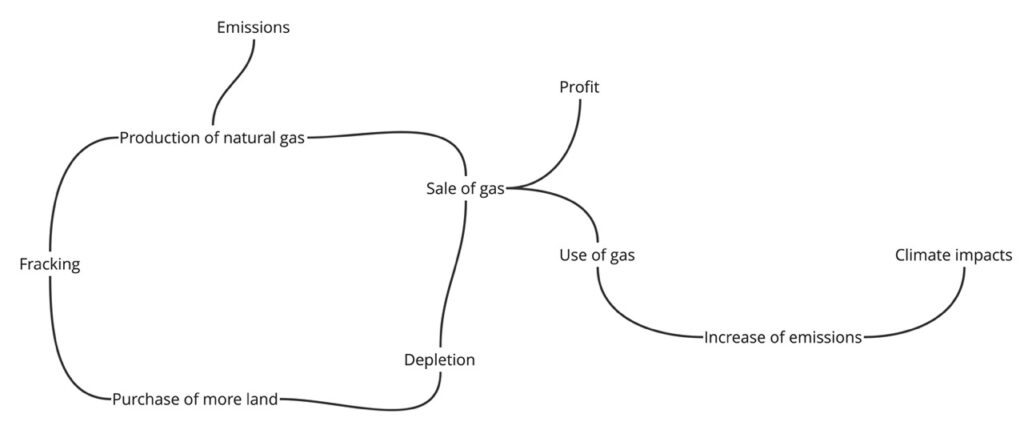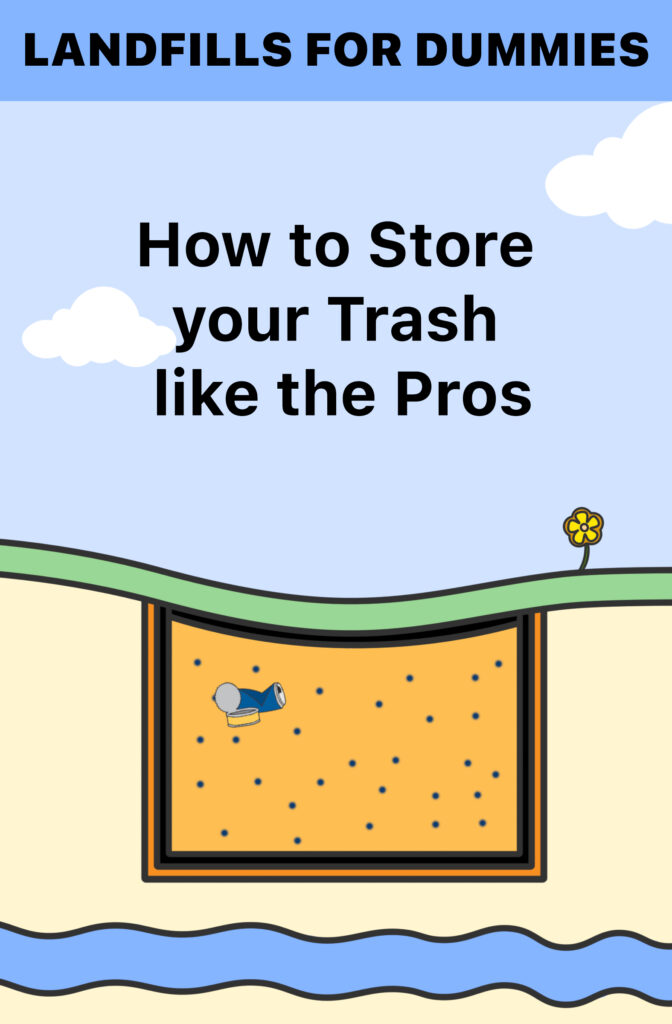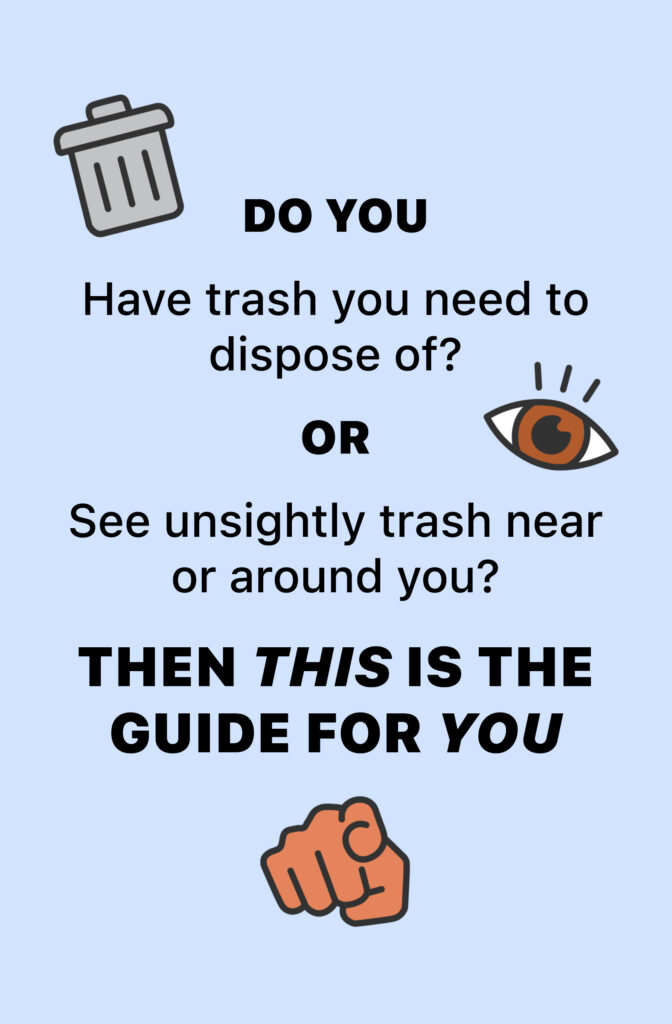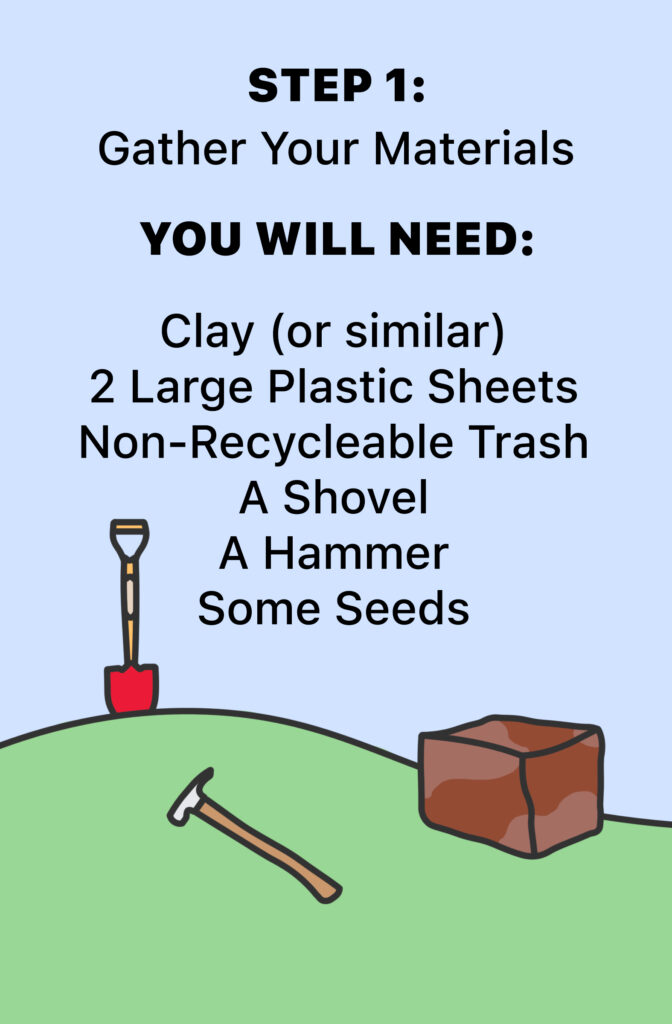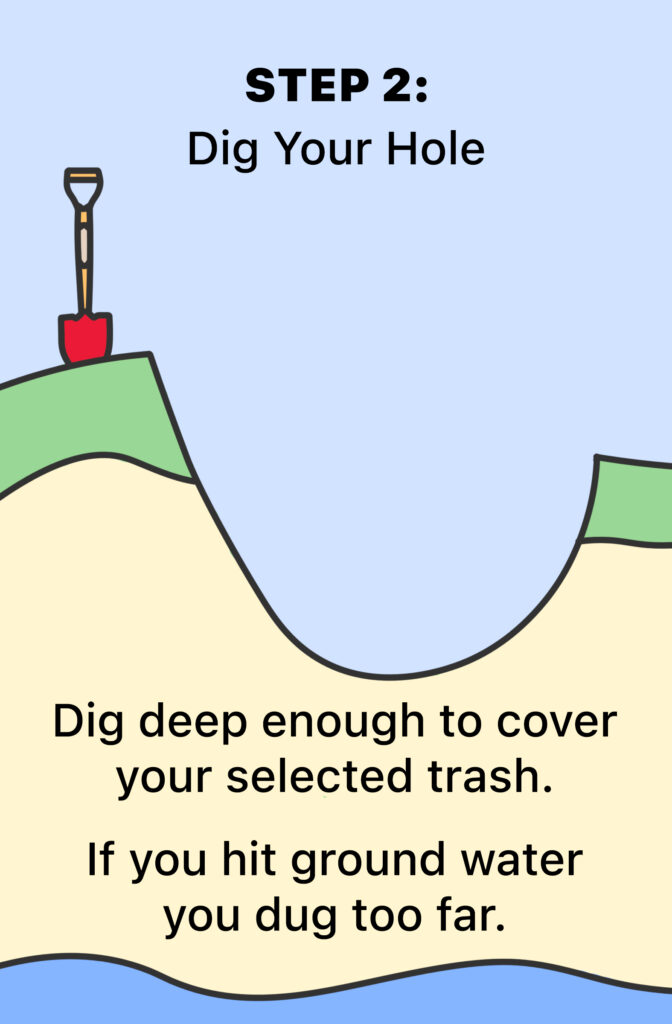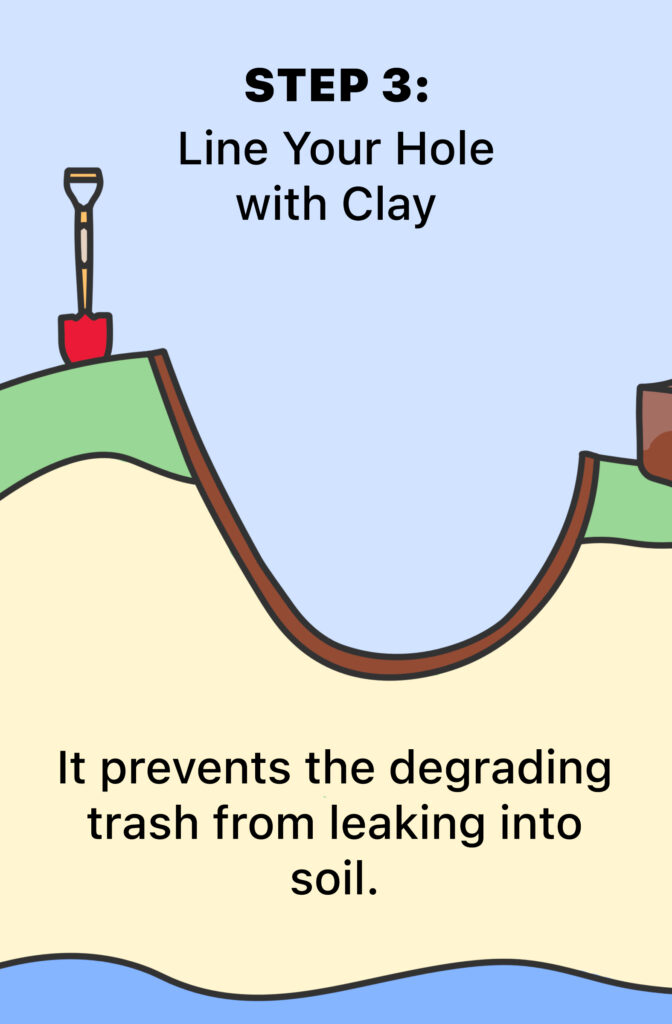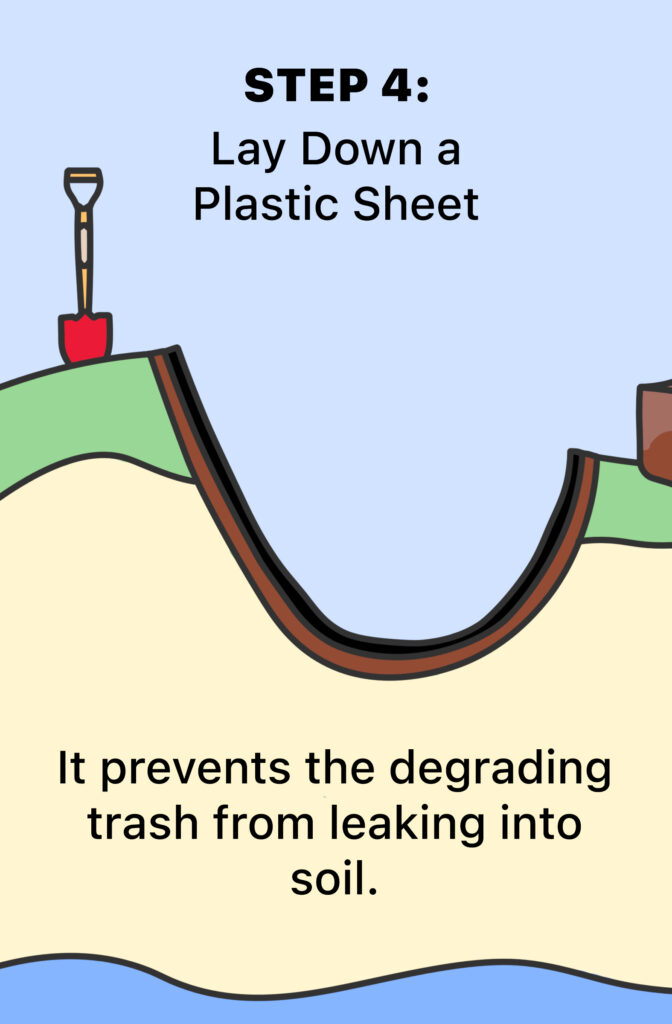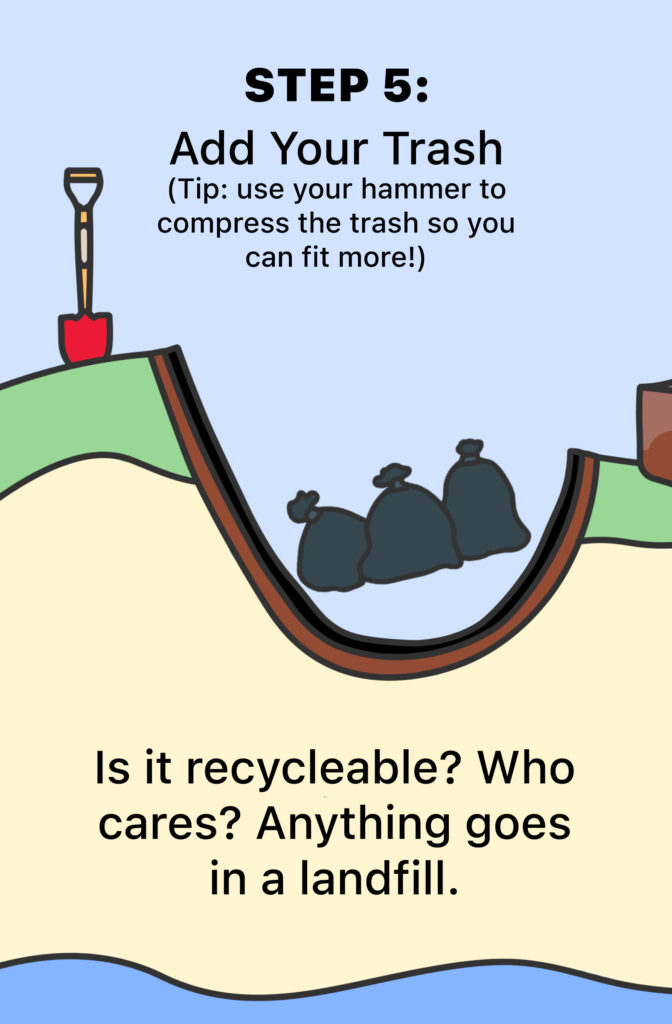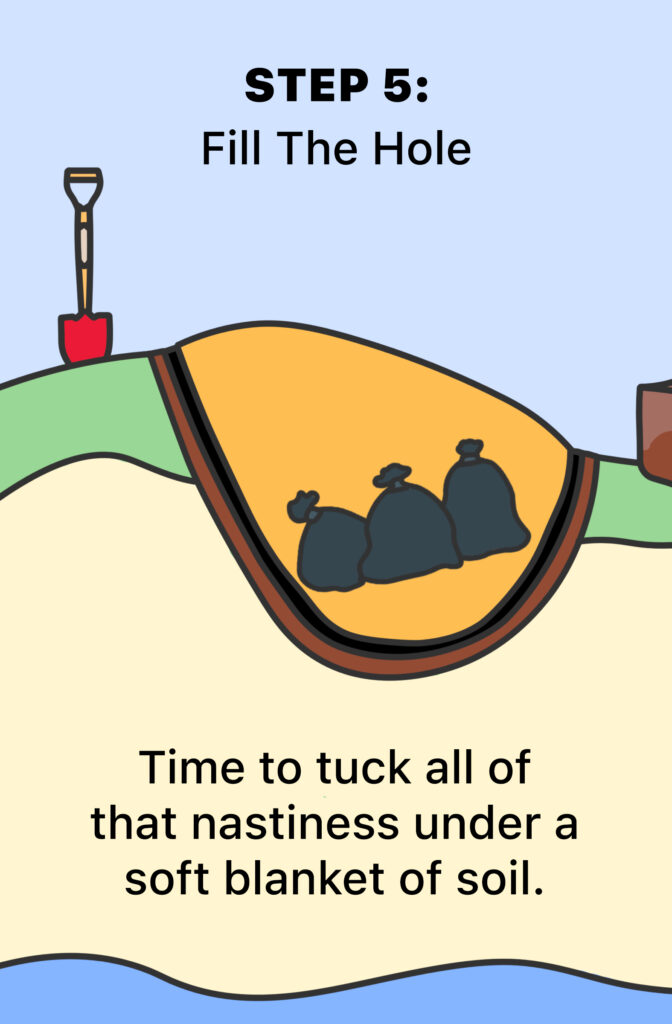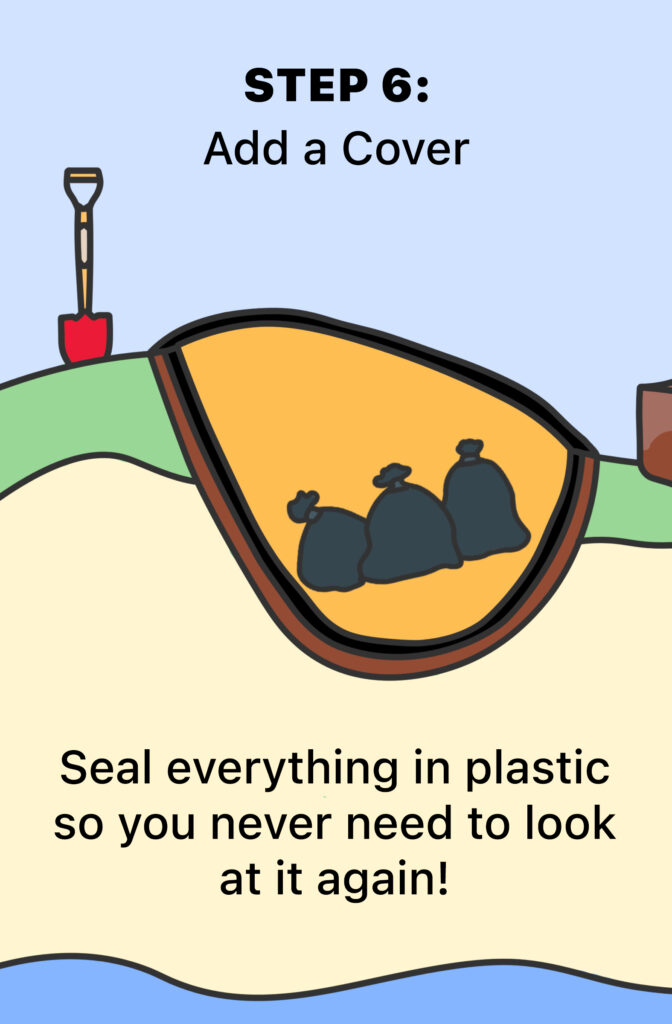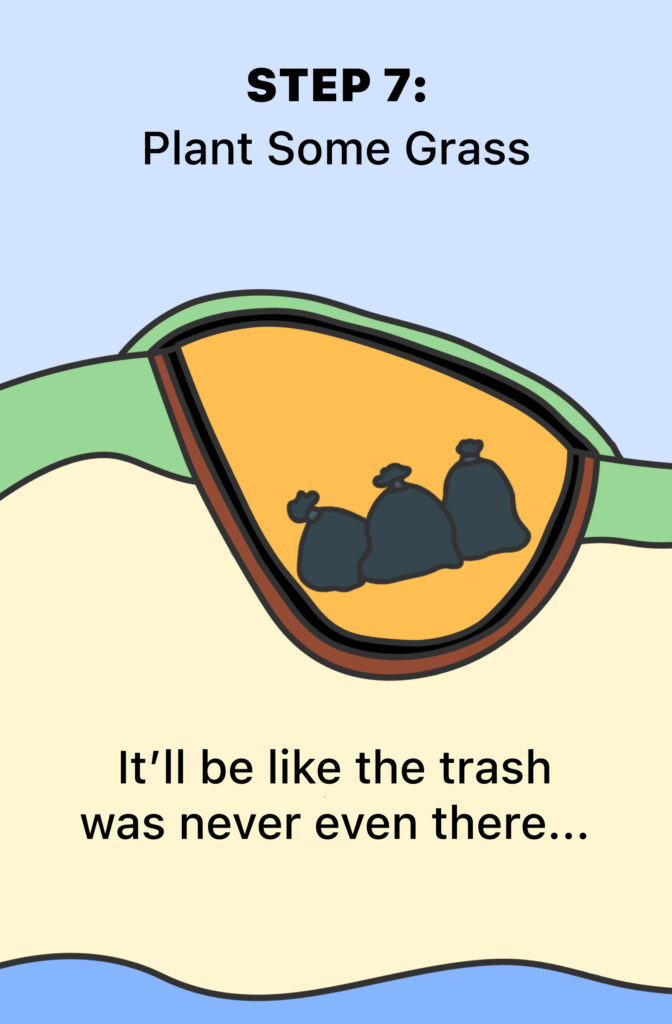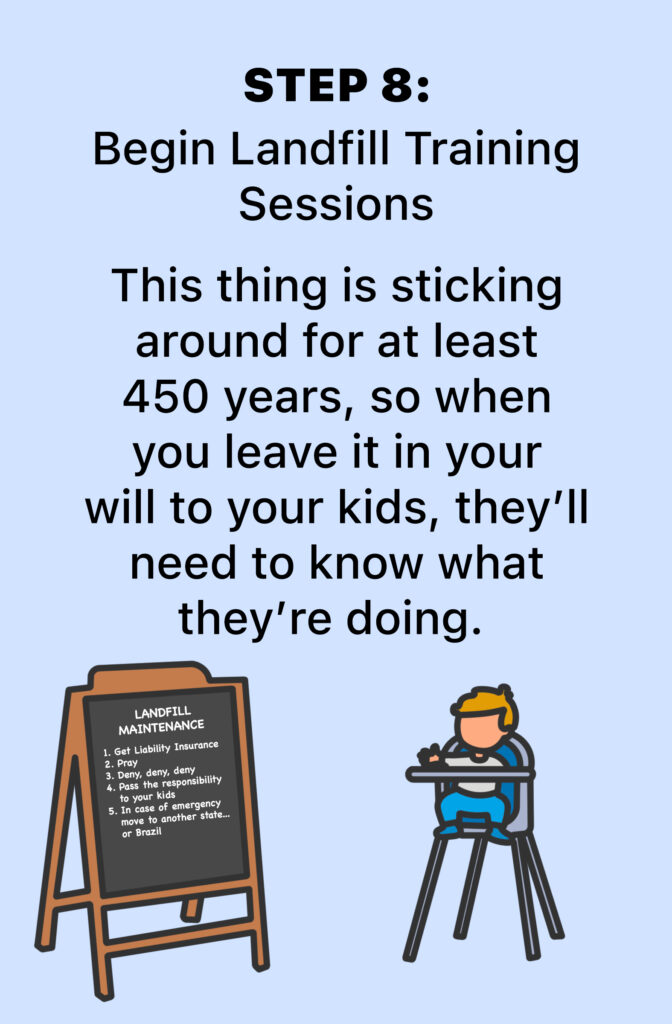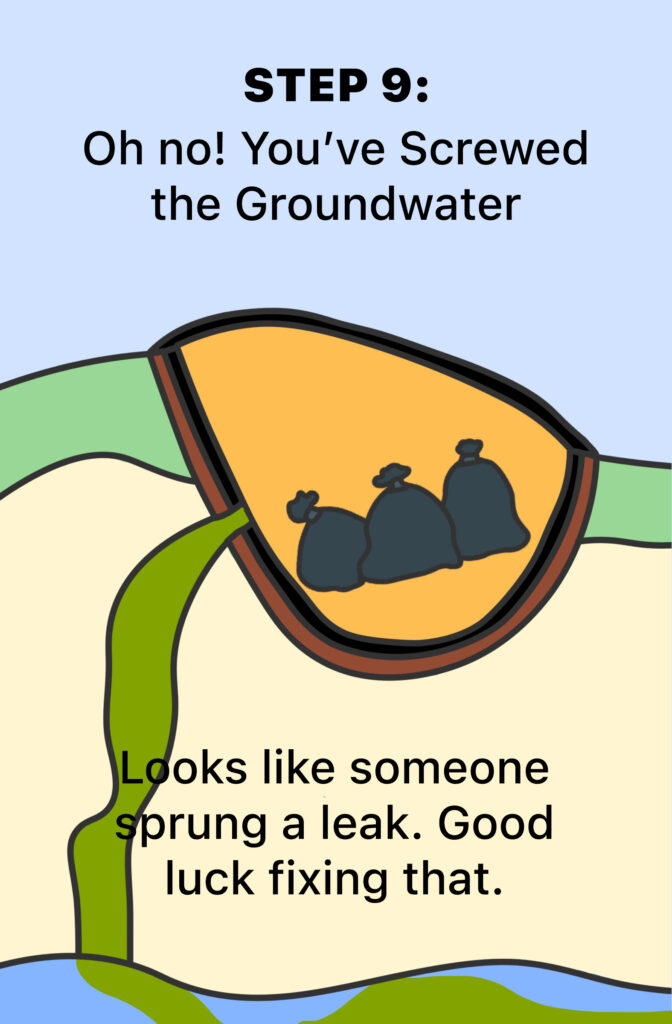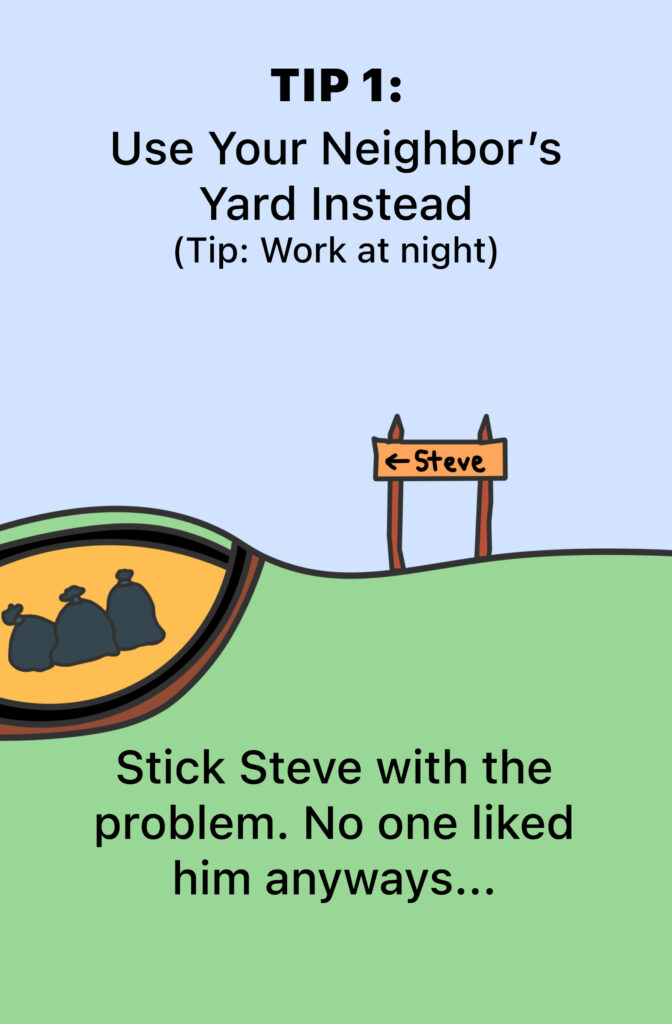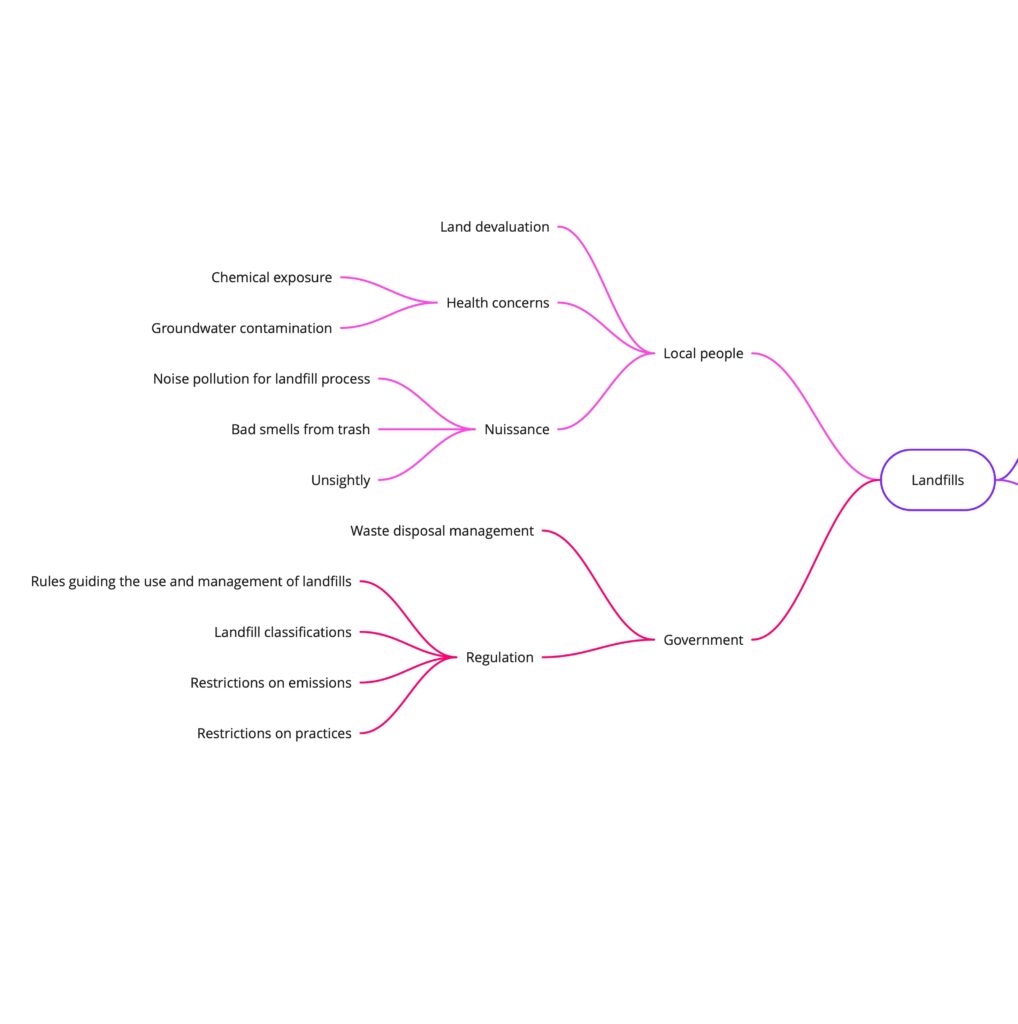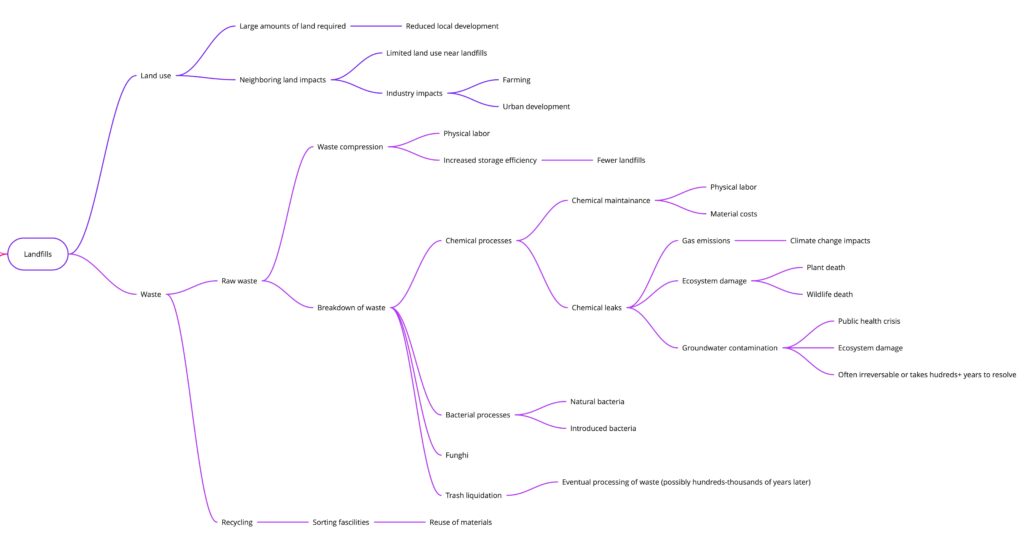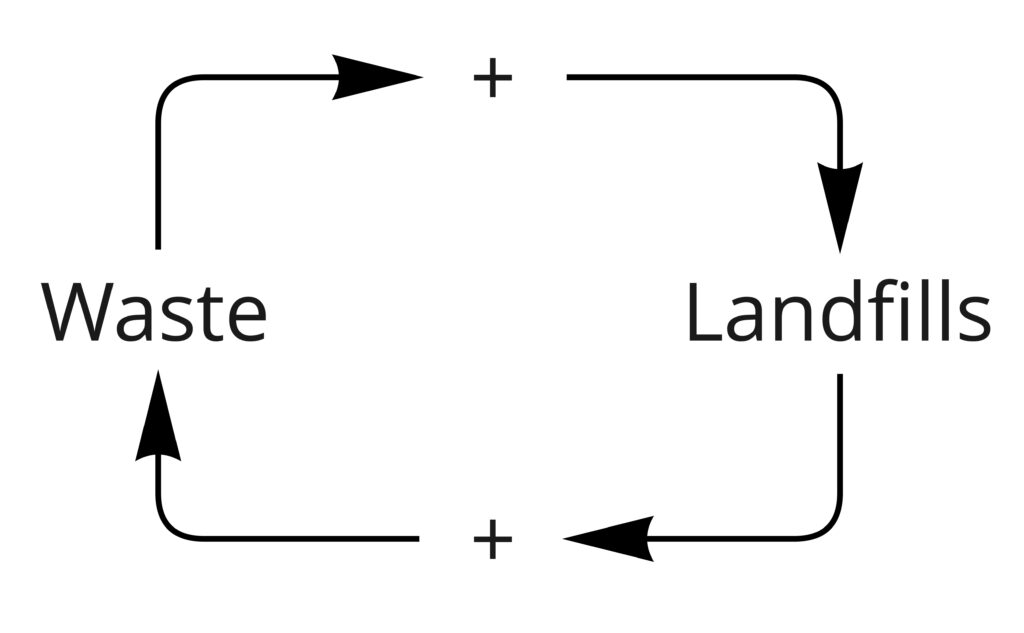I interviewed a sanitation worker who operates a garbage truck in my area and works for the New York Department of Sanitation. He wanted to be anonymous, so for the purpose of this write-up I’ll call him “Steve”.
Q. How long have you been a sanitation worker?
A. 14 years.
Q. Why did you decide to take on sanitation as a profession?
A. I’ve always been a clean dude. But nobody wakes up and says “I want to pick up trash for my whole life”, you know? It really came down to pay and benefits. The city takes good care of us, and the guys I work with are like family now.
Q. Would you consider yourself a garbage expert?
A. Well, shit. I guess so, yeah.
Q. How many trash bags would you say you collect in a day?
A. Way too many to count. You’ve seen some of these building, right? They have hundreds of people up in there. Sometimes we can get 600 hundred bags from a single building. Shits unreal.
Q. Do you know how many tons of trash you collect?
A. This truck can hold like 10 tons. Maybe 12. Depends on how it gets crushed.
Q. Would you say most of it is recycling or landfill waste?
A. Most of it is black bag landfill trash. And to be honest, the clear bag recycling is worthless. Half of that shit ends up in a landfill anyway because people don’t know how to recycle proper. They mix all their shit together and yeah it gets sorted, but usually that shit goes straight in the ground. But that’s not really my department.
Q. Do you feel like your work is rewarding?
A. I guess so, yeah. You know, I definitely feel like I’m doing a good thing. It’s not a nice job like a doctor or lawyer or something. But I definitely feel like it matters, right? Like if I’m not gonna come by and pick this shit up think about how nasty these streets would be. And shit, even with me here they’re nasty.
At this point Steve needed to get back to work, but I enjoyed hearing his perspective.
What I learned:
I think this provided some real world context for the scale of the waste management problem. The sheer amount of trash a single building can produce was crazy to me. Also the fact that most of the recycling ends up in a landfill anyways was disheartening.
